Being well-versed in the fascinating science of the human mind, if you think about it, is kind of like having a superpower. Navigating your way through life is infinitely breezier when we understand the mental processes and responses of those around us.
And that is exactly what we’ve got for you here. 14 facts of psychology that will act as your magic wand when it comes to social interaction.
_
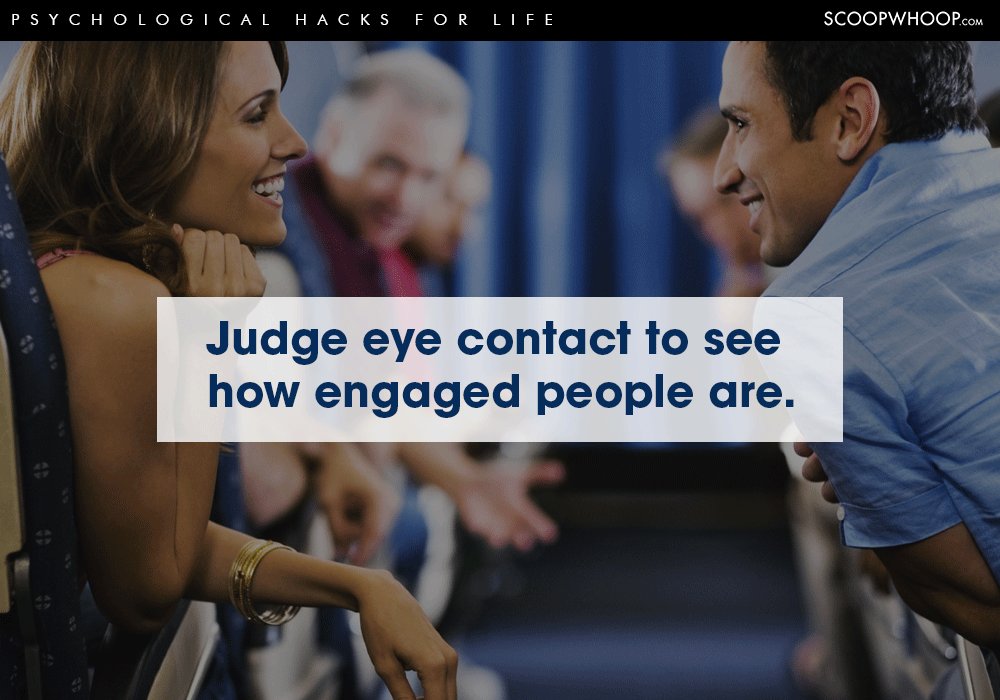
Eye contact for 60% of a conversation means they’re bored, 80% they’re attracted to you and 100% they may be threatening you.
_
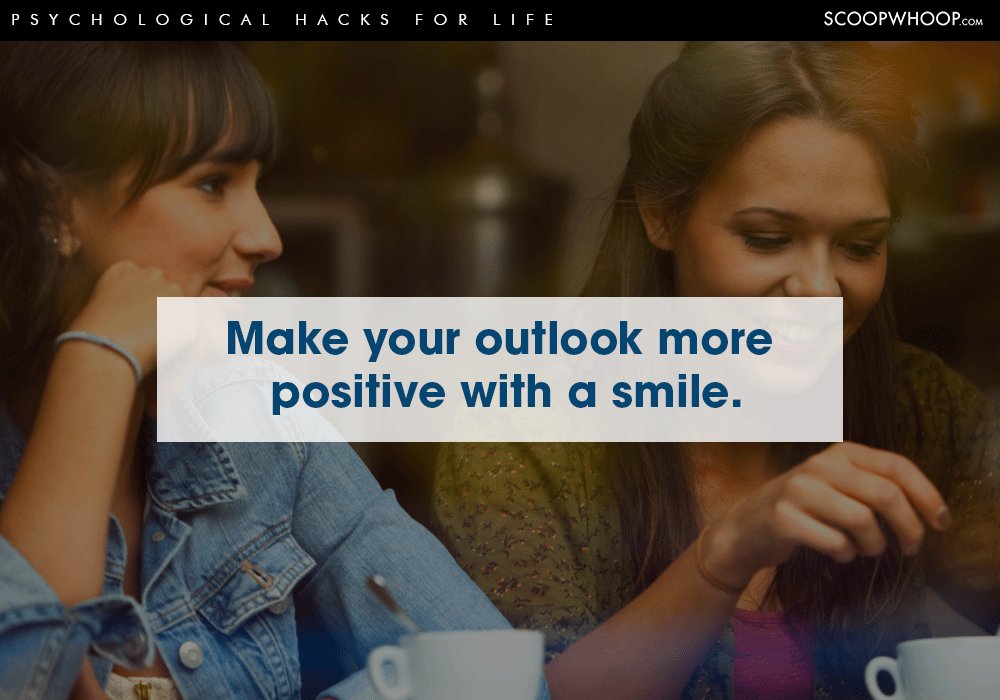
When you fake a smile, the engagement of facial muscles associated with happiness infuses your brain with positivity and actually helps you feel better.
_
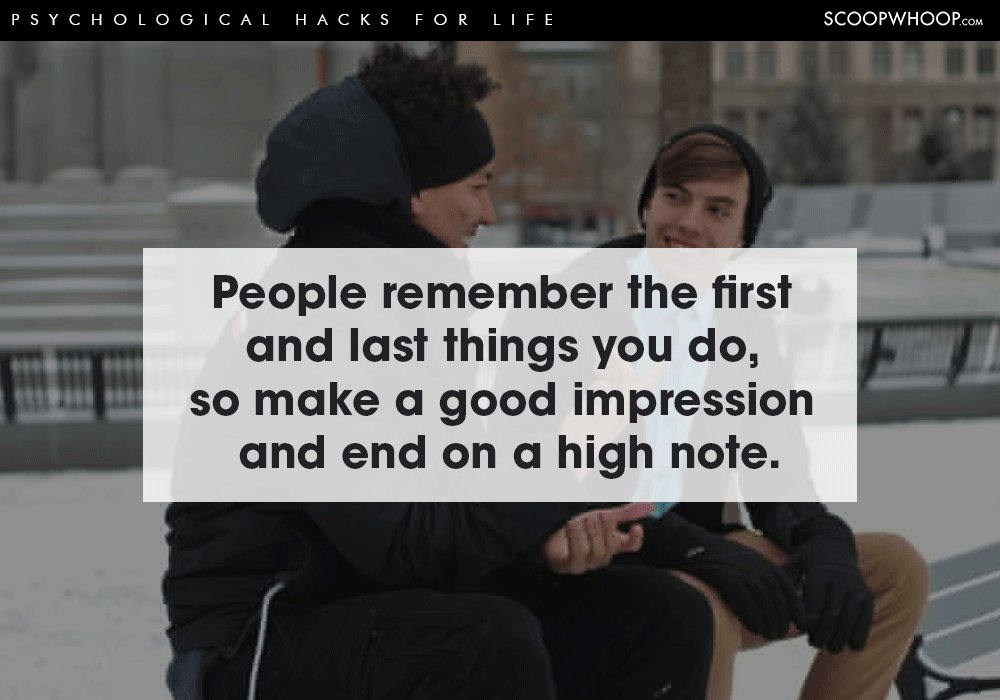
The Serial Positioning Effect explains that we tend to remember things in a list and the first and last items always stand out and influence our perception of the rest. So a memorable beginning and end to a first meeting will enhance the positive memory of it.
_
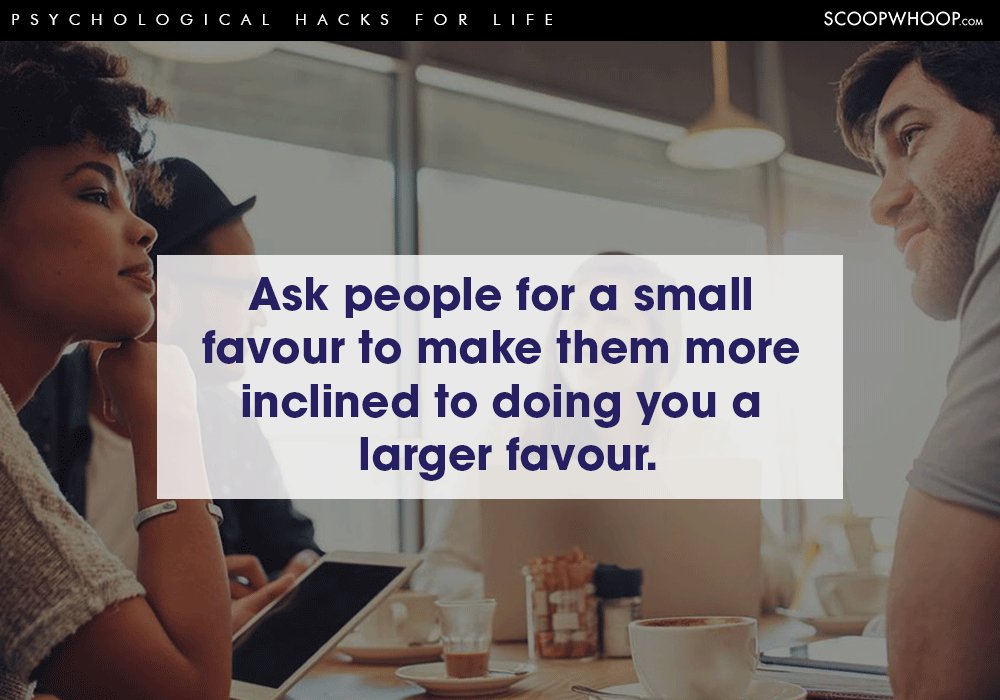
Applying the Benjamin Franklin Effect, asking someone for a small, inconsequential favour makes them more likely to like you and grant you a bigger favour later.
_

The Zeigarnik Effect dictates that the brain tends to go back to incomplete or interrupted activities. So listen to the whole thing once, and you’ll be good to go.
_
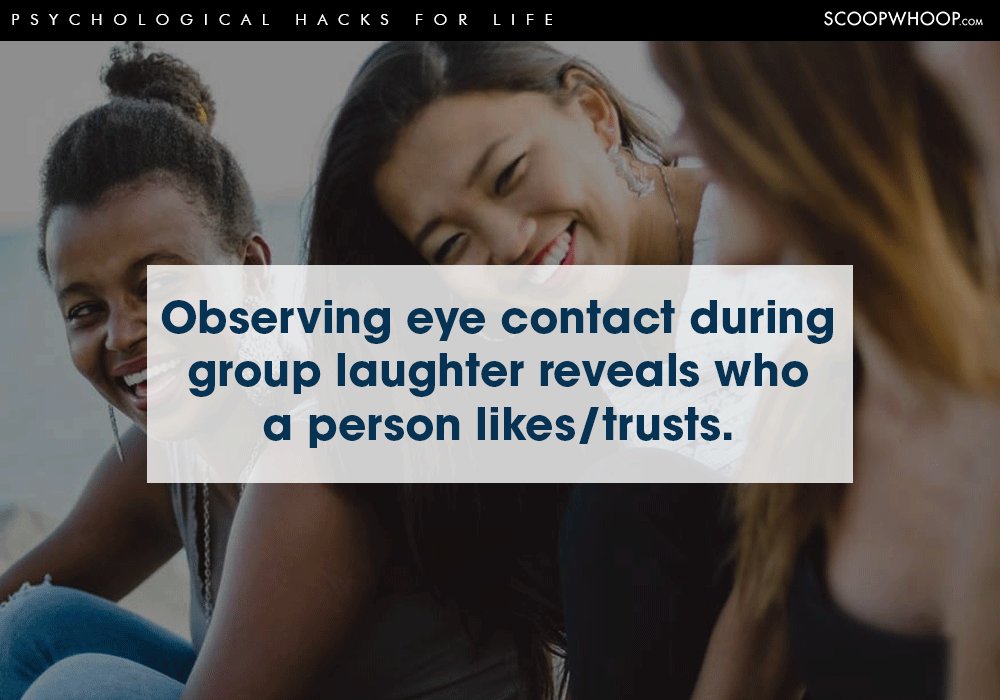
When laughter breaks out in a group, closely observing eye activity reveals that one instinctively glances at those they like/trust the most.
_
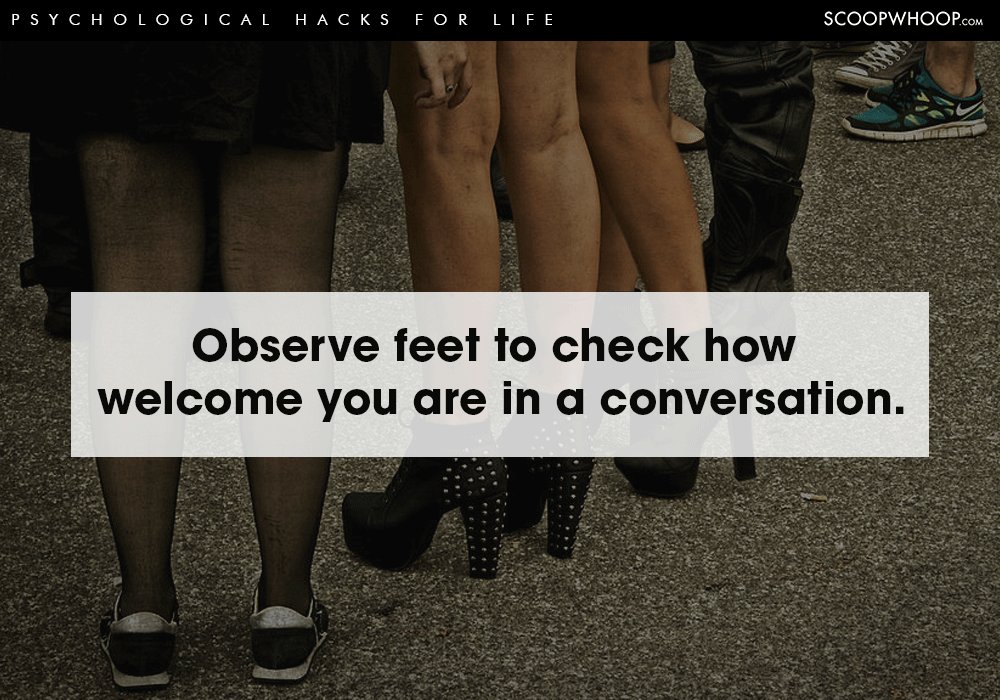
Watch the feet, not the faces when walking up to an ongoing conversation. If you are received with a turned head/torso, you may be interrupting, but if the feet turn to face you, you are welcome to the chat.
_
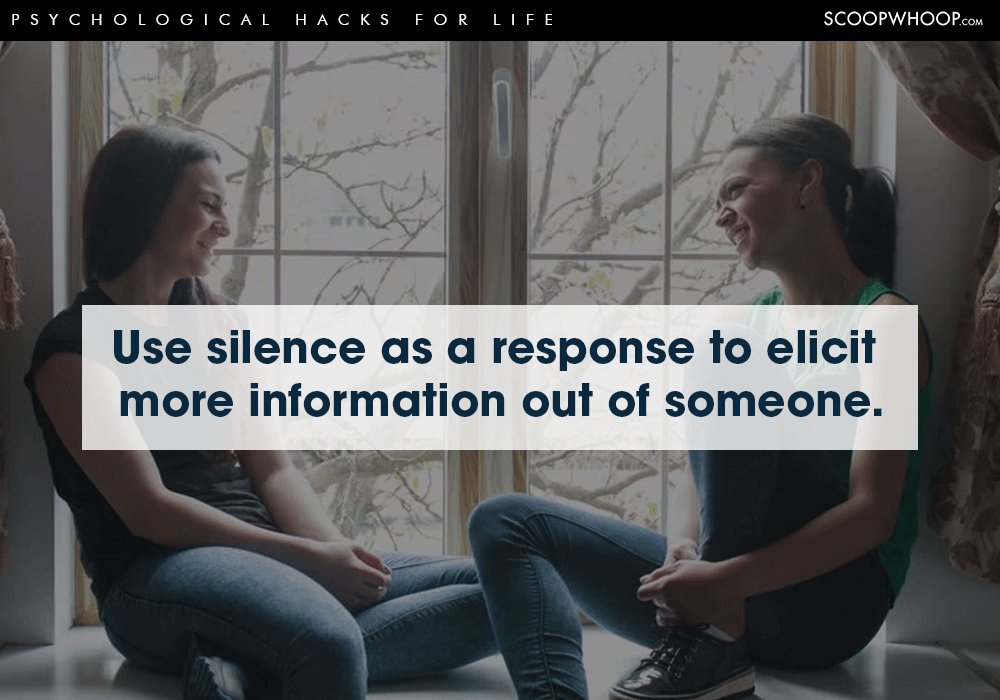
If you’re ever not satisfied with someone’s answer, a combination of you being mum and maintaining firm eye contact inclines people to elaborate and in the process, reveal more.
_
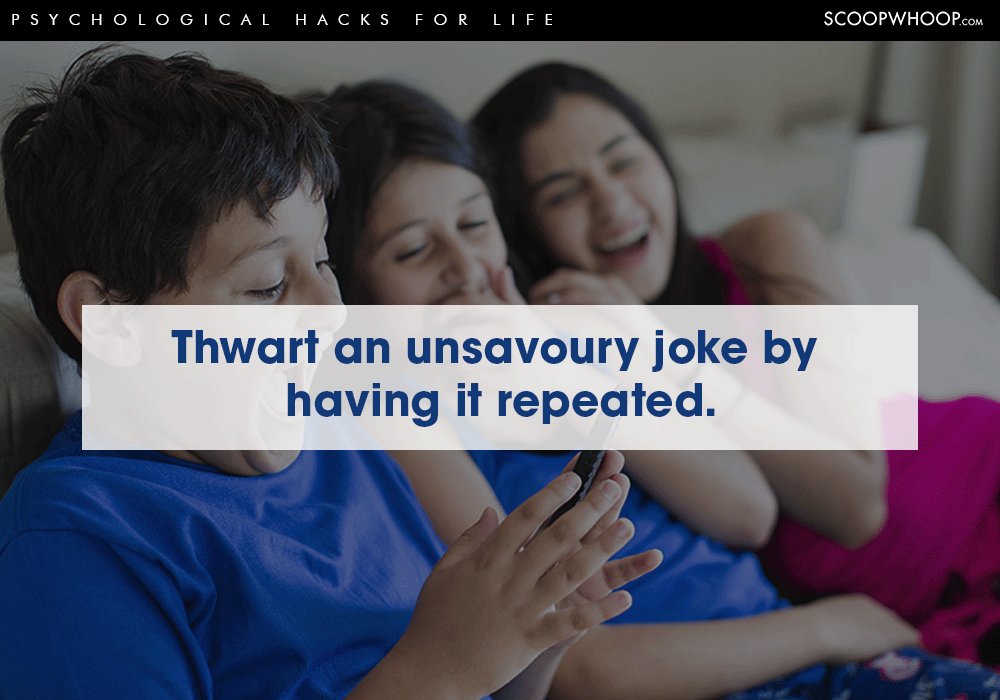
If someone makes a joke about something you find unsavoury, pretend you didn’t hear them or that you didn’t quite get it. Not much is worse than a repeated joke and this one will be left significantly less effective.
_
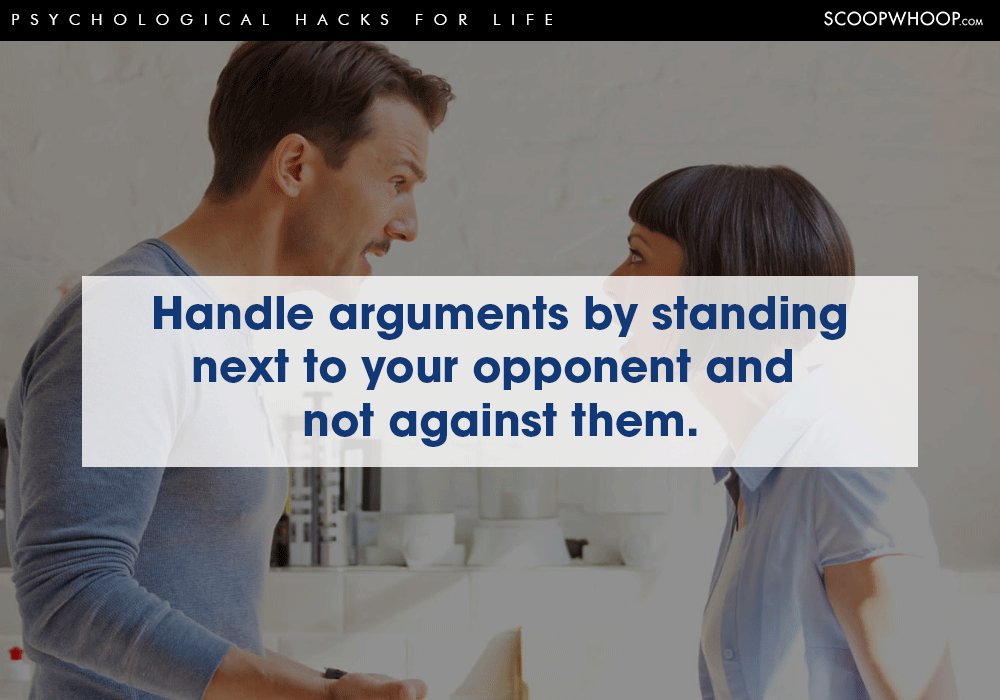
In an escalated conversation, switching positions to stand next to, and not across from, a person dilutes your appearance as a threat and calms an aggravated discussion.
_
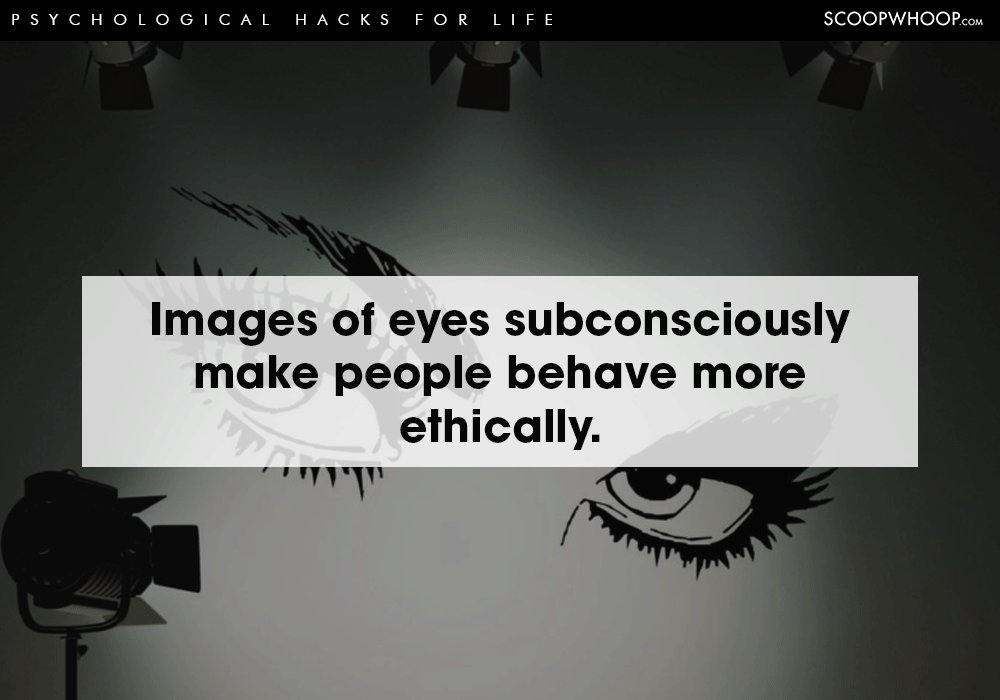
People have been observed to behave more ethically in the presence of images of eyes in the room as they subconsciously make them feel watched.
_
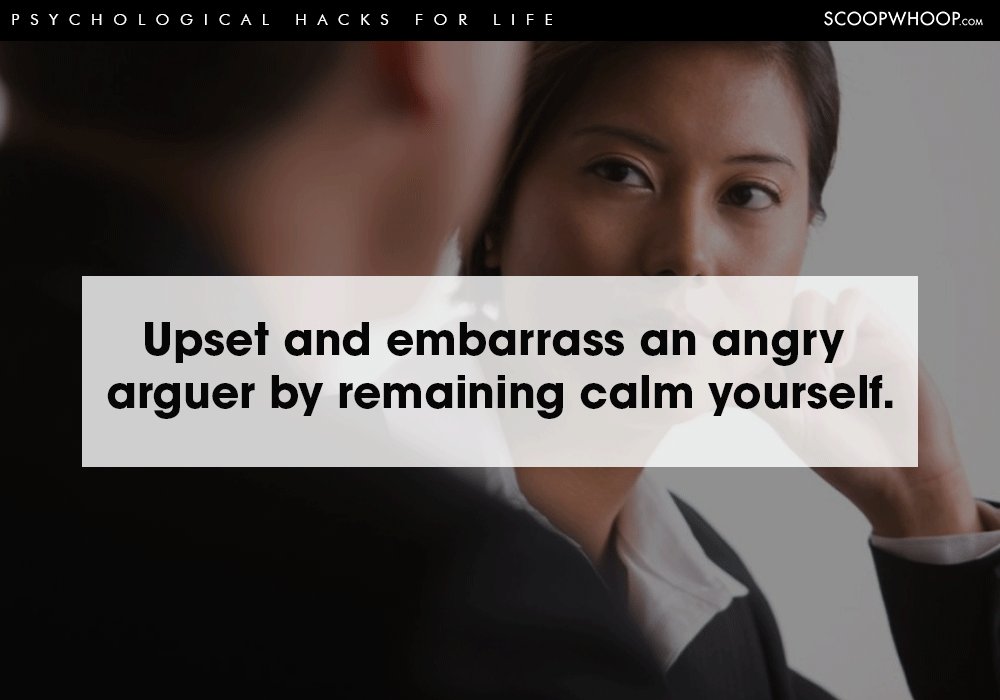
When dealing with an aggravated person, appearing to be in better control of your emotions and remaining calm will further upset, and later embarrass the person.
_
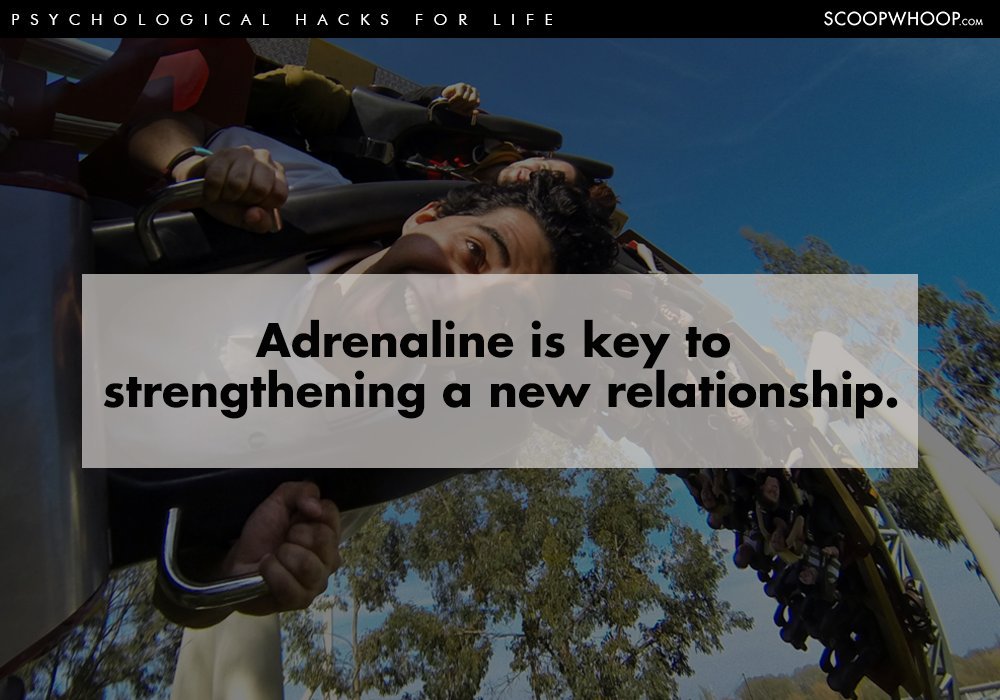
Sharing a roller coaster ride or a horror film with a date will ensure release of Adrenalin, which incidentally is associated strongly with positive feelings. The mind then subconsciously co-relates this positivity to time spent with you in what they call a misattribution of arousal.
_
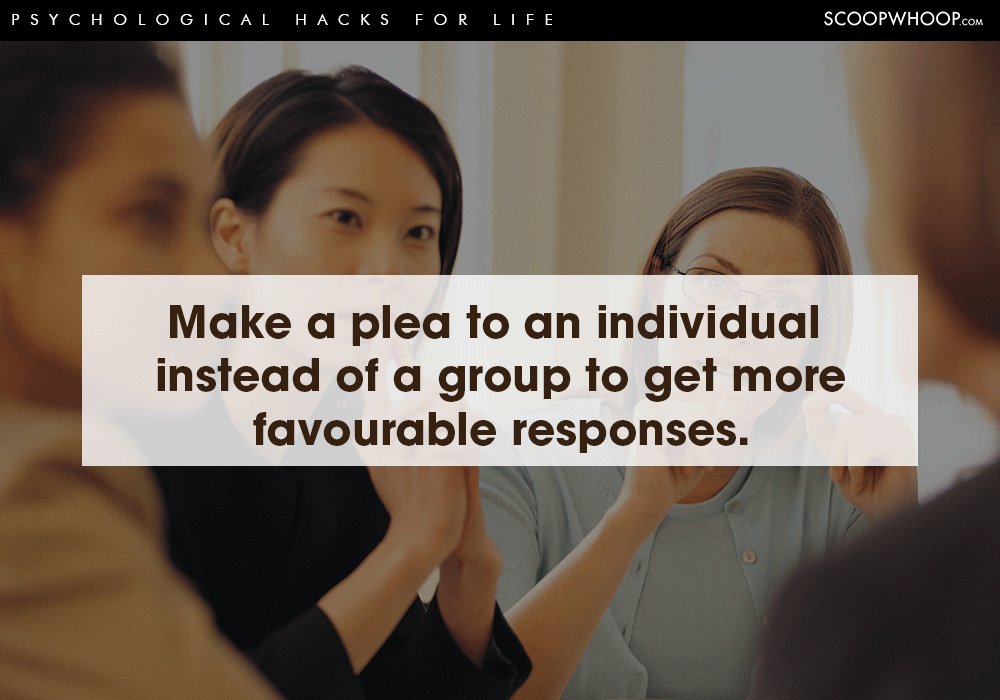
The Bystander Effect reveals that people tend to dismiss pleas when they receive them as a part of a group as they don’t feel personally responsible. Approaching them directly will afford you more positive responses.
Brilliant designs by Disha Bhanot
Are you a pro at handling people? Every social butterfly deserves this mug!

Buy it here.
For more such stuff, check out ScoopWhoop Shop.

















